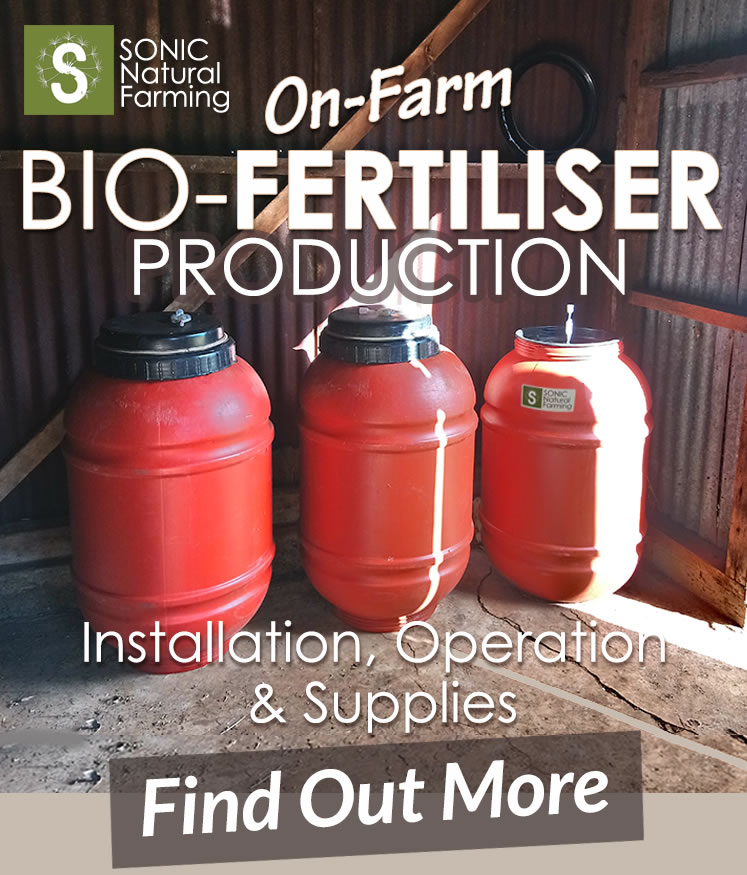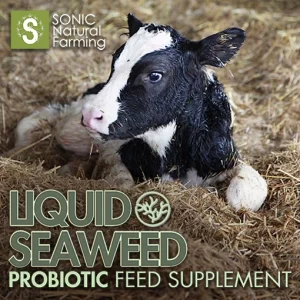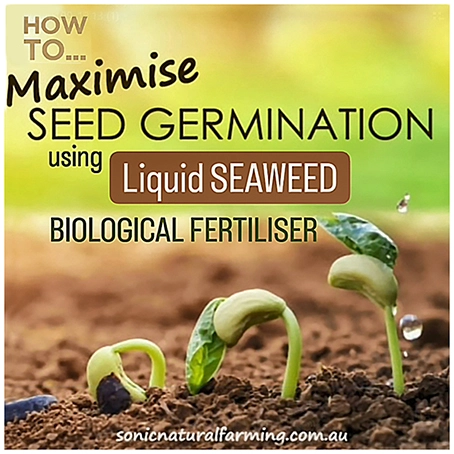Fermentation has a wide range of applications, including the production of biological fertilisers. By undergoing anaerobic fermentation, biofertilisers become enriched with bioavailable nutrients and beneficial microbial activity.
Fermentation Origins and Uses
Fermentation has been a process used in human societies since the Neolithic age. This ancient technique has been utilised to produce a wide variety of foodstuffs and beverages, from pickled cucumbers and yogurt to alcoholic beverages.
One key application of fermentation is for preservation. The process produces lactic acid, which helps to preserve foods and extend their shelf life.
Beyond food and drink, fermentation has applications in the production of agricultural biological fertilisers. The fermentation process breaks down the organic matter creating nutrient-rich compounds that are valuable for improving soil health and plant growth.
The use of fermentation, therefore, is an indispensable tool for sustainable agriculture, and continues to be an important part of modern farming.
What is Biological Fertiliser?
Biological fertiliser is a natural product, processed using fermentation cultures containing ‘living’ biology.
Biofertilisers improve plant growth and productivity by supplying easily utilisable nutrients to plants, along with beneficial biology for the soil. As a result, biological fertilisers are a cost-effective and eco-friendly bio-inoculant that can greatly enhance agricultural productivity.
How Does the Fermentation Process Work?
Fermentation is initially activated using beneficial bacteria and other microorganisms, and includes providing a glucose source (such as molasses, sugars or plant residues), as well as maintaining optimal temperatures for the microorganisms to thrive.
Cold fermentation involves creating an environment conducive to the growth of beneficial microorganisms that helps to;
- Capture Organic Minerals
- Retain Essential Trace Elements
- Harness Complex Amino Chains

Fermented Fertiliser Benefits
The ‘living’ microbes, active in biological fertilisers, are incorporated into the soil, where they work to fix atmospheric nitrogen, solubilise phosphorus, and produce growth-promoting substances.
Furthermore, beneficial microbes have the ability to ‘turn on’, through (quorum sensing), the dormant microbes in the soil, triggering a network of biological functions that support plant health and immunity.
Compared to synthetic chemical fertilisers, biological fertilisers offer a more sustainable and environmentally-friendly solutution that does not deplete soil nutrients or contribute to pollution.
Instead, biological fertilisers replenish the soil’s natural microbial communities, creating a self-sustaining cycle of improved fertility, leading to stronger, more resilient plant growth. This makes them an attractive option for modern agricultural practices focused on long-term soil health and reduced environmental impact.
Budding yeasts forming on the surface of a SONIC Fish Hydrolysate Fertiliser fermentation, (above image).
Why Biological Fertilisers are Best Used Fresh
Biological fertilisers are considered ‘living’ products because during a healthy anaerobic fermentation, the beneficial microorganisms multiply, and become an integral part of the final fertiliser.
These living microorganisms are most useful to the soil and plants, when they are active and thriving.
Above all, to ensure maximum effectiveness it is best to use biological fertilisers within 3-6 months after they have finished processing. By using fermented fertilisers fresh, the living microbial community continues to actively contribute to soil health, and plant growth, long after the fertiliser is applied.
By using Biological Fertilisers fresh, we can harness the full potential of living microorganisms for optimal plant growth
SONIC BOOM Starter Cultures are 100% natural, Australian wild harvested, microorganism formulas of beneficial bacteria.
Starter Cultures are used to inoculate, activate, and balance beneficial microbe populations throughout the fermentation stages.
Microbial Cultures enable fermentation to occur, and help maintain a healthy balance through the process, while preserving all the minerals and trace elements in a bio-available state.
During the fermentation process, microorganisms, such as bacteria and fungi, break down organic matter into simpler compounds that can be readily absorbed by plants.
Why Build Biology in the Soil?
- Builds soil structure
- Releases locked up minerals in the soil
- Increases plant nutrient uptake
- Promotes healthy seed germination
- Raises plant brix levels and nutrient density
























